As Moldova approaches its September 2025 parliamentary elections, what should be a democratic milestone is increasingly drawing international concern. From blocked registrations to mounting EU sanctions against opposition leaders, the political landscape appears less like a field of fair play, and more like a scripted drama, where dissenting voices are cut from the cast.
Among those voices is Victoria Furtună, a former anti-corruption prosecutor and now the leader of the opposition party Moldova Mare (“Greater Moldova”). Speaking to Wyoming Star, she delivered a blistering account of what she describes as an “ideological terror regime” upheld by the country’s pro-European government — with silent complicity from its Western backers.

How would you characterize the current state of political freedom in Moldova, particularly for parties and individuals who question or oppose the pro-European course of the current government?
Victoria Furtună:
Today, in the Republic of Moldova, political freedom is nothing more than a dusty prop for European eyes. Under the pretext of “European integration,” an ideological terror regime has taken hold. Anyone who dares to question the official narrative of the PAS government is immediately labeled “pro-Russian,” “extremist,” or a “threat to security.”
But who decides what a “threat” is? Those who sold Moldova’s dignity for grants and selfies with foreign officials.
I, Victoria Furtună, am no longer fighting for a mere position — I’m fighting for the right to exist as a voice, as an idea, as a solution for the future. The police confiscate my books, the judiciary bans my events, the Electoral Commission censors me, and the Intelligence Service follows me. Why? Because I dared to tell the truth — that Moldova is not Maia Sandu’s personal property, and the people have the right to choose their own future.
Meanwhile, the real thieves walk free, and those defending sovereignty are harassed.
Moldova has become a country where, if you don’t applaud the ruling power, your microphone is cut off, false charges are fabricated, and doors are slammed in your face.
There is growing concern that Moldova’s democratic institutions are being used to marginalize opposition parties under the guise of “European integration.” Do you believe the West is allowing this erosion of democratic norms?
Victoria Furtună:
The West is not merely allowing it — the West is orchestrating it.
With one hand, it mimics democracy; with the other, it drafts sanction lists for Moldovan opposition figures. Behind the mask of the “rule of law,” double standards have taken root — ones that would make even the most cunning colonizers envious.
What we are witnessing today is a modern form of occupation: through conditional funding, diplomatic pressure, and party-affiliated NGOs, we are clearly told — you are allowed to speak, but only if you say what we want. And if you don’t, you’re labeled “toxic,” “pro-Russian,” “anti-European.”
Dear European partners, if democracy now means dictatorship with a smiling face, and if opposition is hunted down by political command, then perhaps it is not I who have strayed from your values — but you.
Considering the legal and political obstacles faced by your party and others, do you believe Moldova is still a country where fair elections are possible — or has the political landscape become fundamentally unbalanced?
Victoria Furtună:
Fair elections? In theory — yes. In reality — we face a regime that turns elections into a farce.
The system is rigged from the start: the media is bought, the Electoral Commission is controlled, and the judiciary acts as the ruling party’s executioner.
Today, we do not have a political playing field. We have a stage where the government performs its play — and I am forced to remain backstage. But the people see it. And they will rise.
Because the truth, no matter how hard you trample it, rises and cries out.
Backdrop: An Election No One’s Really Competing In
Furtună’s frustrations are not isolated. On July 19, the Central Electoral Commission (CEC) rejected the registration of the opposition bloc Victory, citing vague accusations of “incomplete reporting” and symbolic timing — namely, that the bloc held its founding congress in Moscow on the anniversary of Stalinist repression. For critics, it was a thinly veiled political message: don’t challenge the narrative, or you’re out.
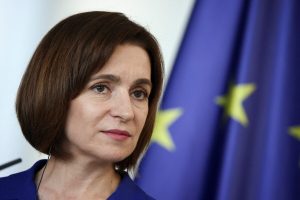
Victory’s leader, the exiled oligarch Ilan Șor, promised to challenge the ruling in court. But if the disqualification of his bloc — and the sanctions slapped on several Moldovan opposition leaders by the EU — are any indication, the courtroom may be just another stage where the ending is already written.
Meanwhile, parties aligned with the pro-European PAS remain unchallenged. The only other bloc registered so far — Alternative — features establishment-friendly figures and is widely viewed as “acceptable opposition.”
The Bigger Picture
What emerges from this interview is a sobering truth: Moldova’s upcoming elections are not just about East vs. West, Europe vs. Russia. They’re about who gets to participate in democracy — and who gets pushed out under the banner of “integration.”
Victoria Furtună’s warnings echo beyond Moldova’s borders. They speak to a global trend: the weaponization of language, identity, and legitimacy to consolidate power. And in Moldova’s case, “pro-European” has become more than a goal — it’s become a gatekeeping mechanism.

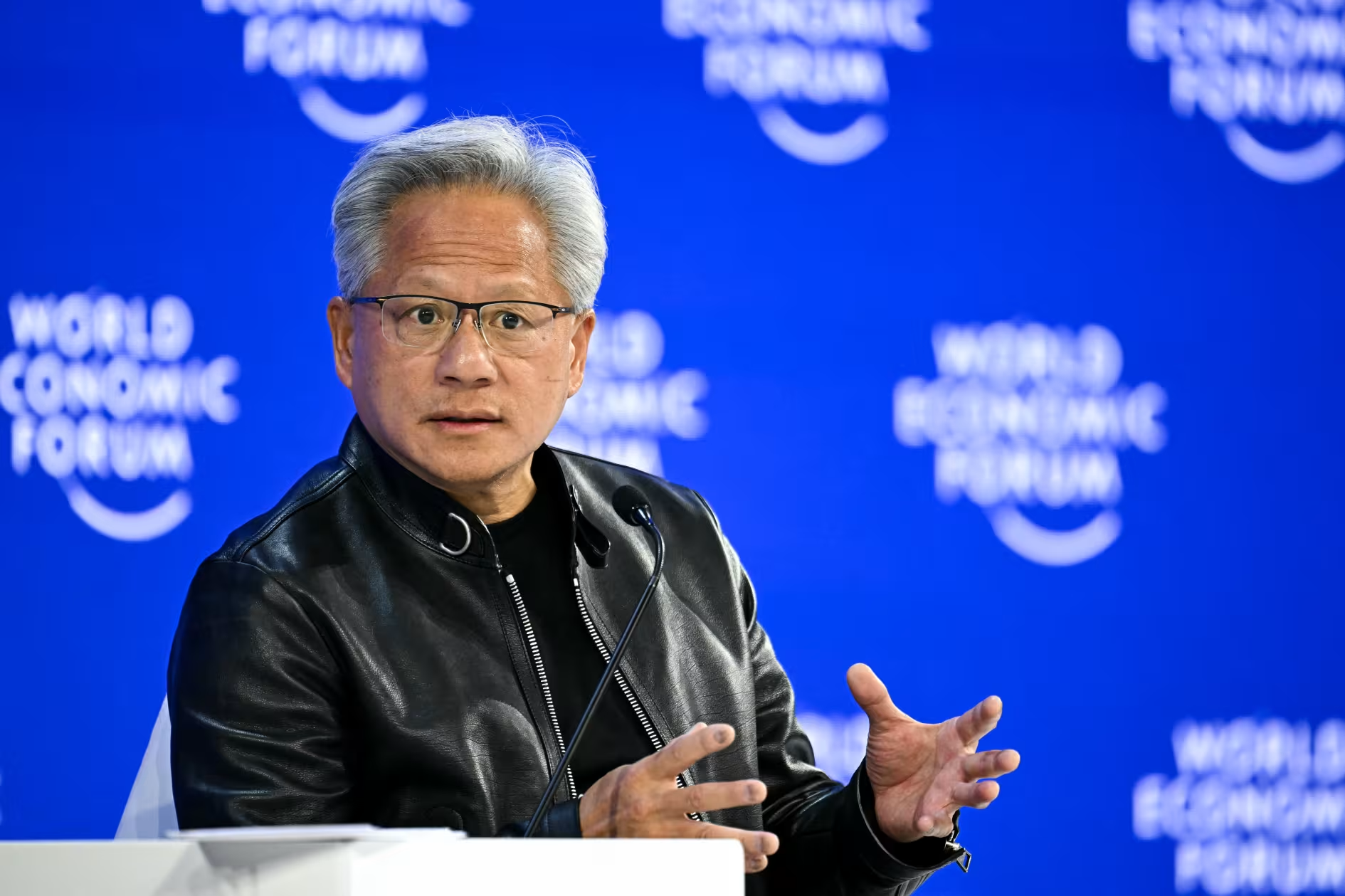
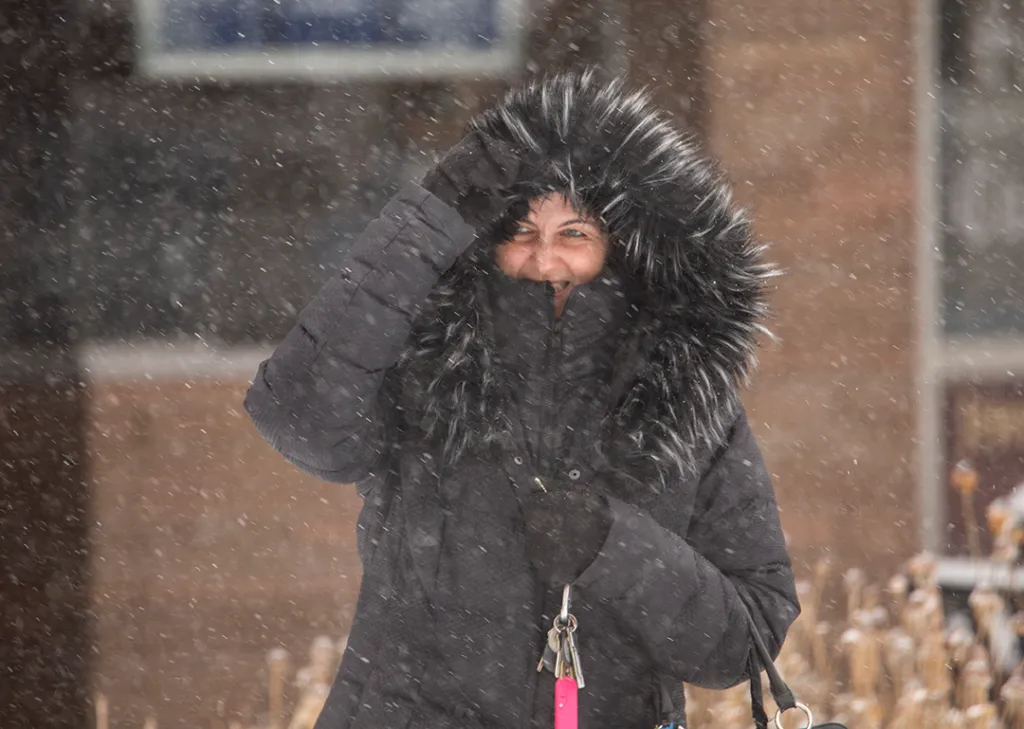
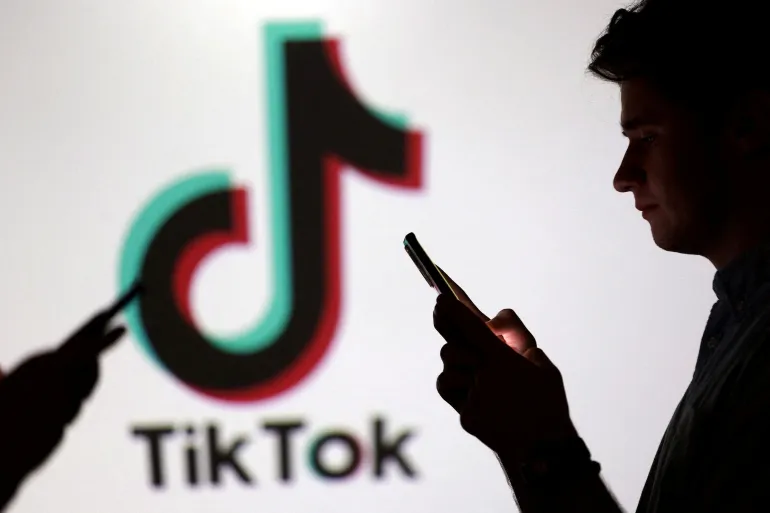

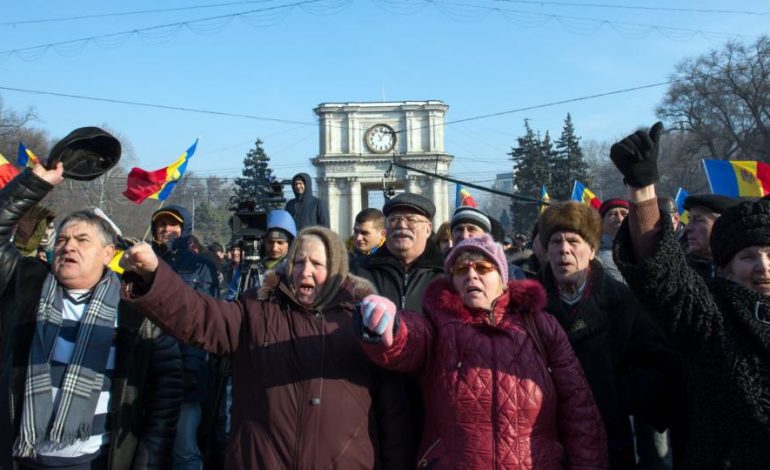




The latest news in your social feeds
Subscribe to our social media platforms to stay tuned